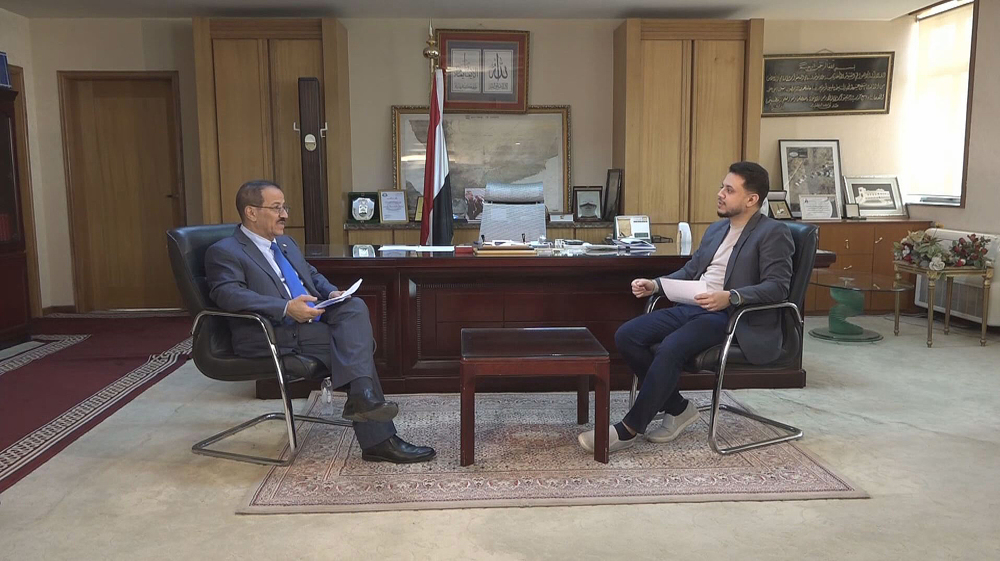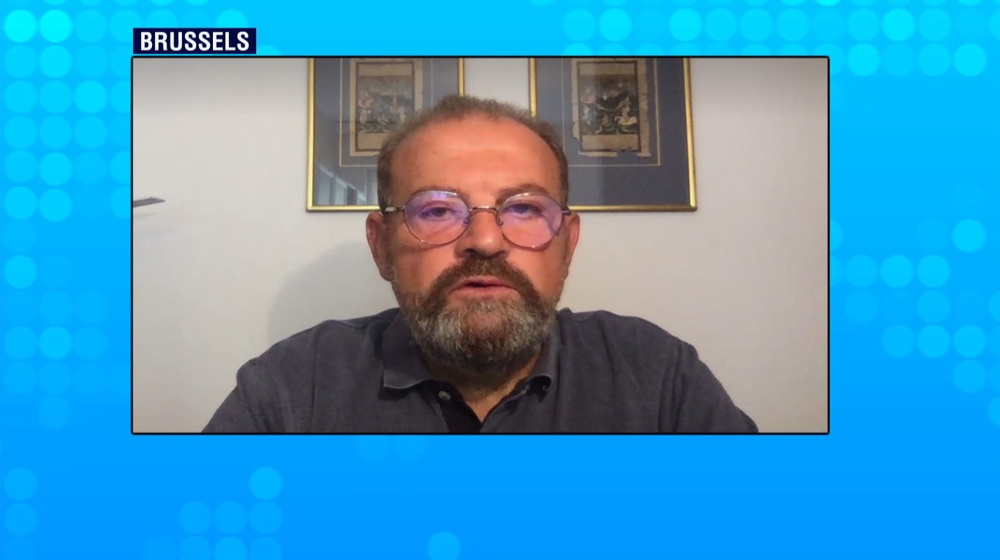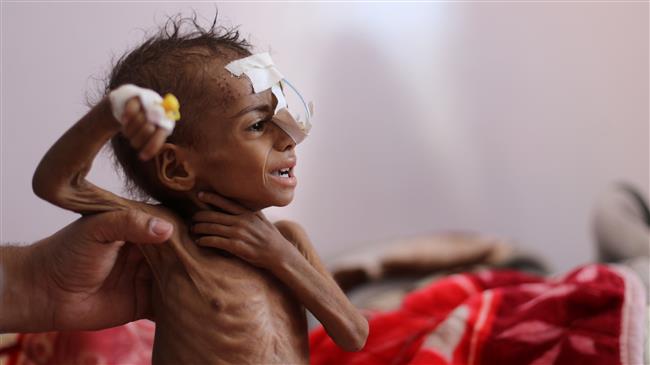Saudi war on Yemen has no clear objectives: Analyst
Press TV has conducted an interview with Naseer al-Omari, author and political commentator from New York, to get his take on the passive role of the United Nations in dealing with the Saudi aggression against Yemen.
The following is a rough transcription of the interview.
Press TV: Why do you think the United Nations has literally failed in Yemen and not been vocal and practical as it should have been?
Al-Omari: Well, because the United States and the Saudis want to continue the air campaign. Unfortunately, the situation in Yemen, even before the air campaign started, was very dire. I think the story will continue to be the 25 million Yemenis who will be looking for a way to survive…throughout this war, which does not have any clear objectives.
The Houthis and the ex-president, Ali Abdullah Sale, seem to have the military sway. On the ground, you have Yemenis who are fighting for hundreds of positions across the country. In the meanwhile, the humanitarian situation is deteriorating and there is no military solution in sight and objectives are not clear. So I think the story now is what does the international community do about this deteriorating situation for the Yemeni civilians.
Press TV: Why Saudi Arabia is against peace talks despite announcing that the second phase for Yemen was a political one?
Al-Omari: I think the Saudis will do whatever they can to prevent the Houthis from controlling the city of Aden, for example, or any other places. And therefore, the civilian casualties are now a second thought to the Saudis. They really want to make sure that this campaign which now threatens Saudi Arabia itself as a result of this air attack, because the Houthis have attacked the Saudi borders. So now the possibility of Houthis actually attacking Saudi Arabia, as they did in the past successfully, is now a reality for the Saudi royal family with old shift and transition of power within the country.
So we are talking about a country that is on edge, young leaders who have started war campaign with no clear objectives and the possibility of Saudi Arabia being invaded by the hardened fighters of Houthis and the consequences can be very very severe for the Saudi royal family.
Press TV: In general, who benefits from war on Yemen regionally and internationally?
Al-Omari: What is happening in Yemen is a failure of regional powers to sit down at the negotiating table and discuss future for the region, sectarianism, this economic war that is taking place in the region. I believe that Iran and the Saudis need to approach a negotiating table and find solutions not just to Yemen but to other places in the Middle East, stabilize the region; otherwise the escalation seems to be getting worse and worse by the day.
ABN/MKA
VIDEO | Press TV's news headlines
VIDEO | Intl. conference honors martyred journalists in Gaza, Lebanon
VIDEO | Israel relies on attacking civilians, urban areas to pressure Hezbollah
VIDEO | Suppressing voices of truth
VIDEO | Martyrs of Islamic Jihad movement laid to rest in Damascus
VIDEO | Gazans produce charcoal to get warm
Hezbollah retains ‘Fire for Fire’ strategy; takes Tel Aviv under ballistic missile barrage
Iran, Azerbaijan top brass underline military, defense cooperation









 This makes it easy to access the Press TV website
This makes it easy to access the Press TV website